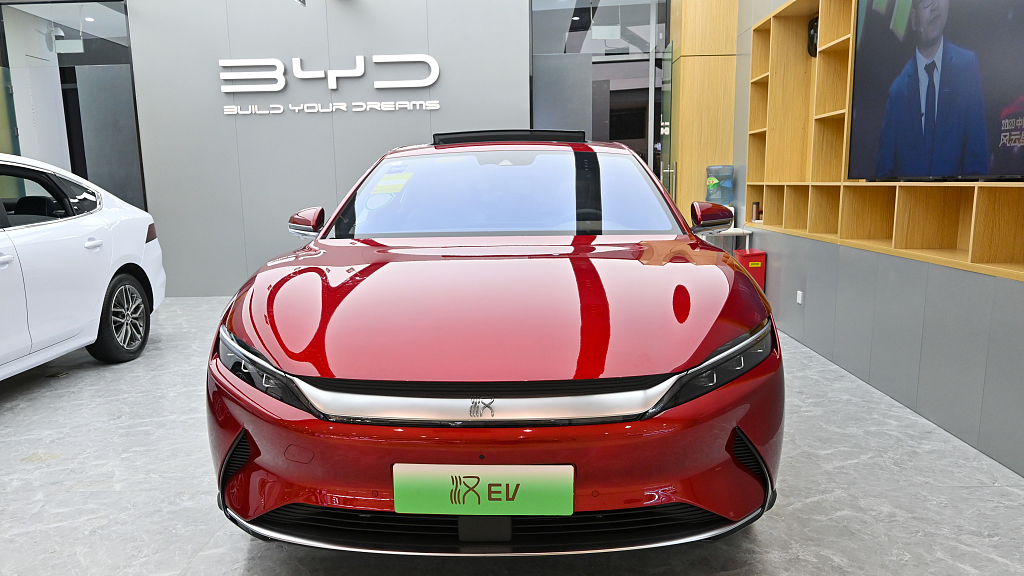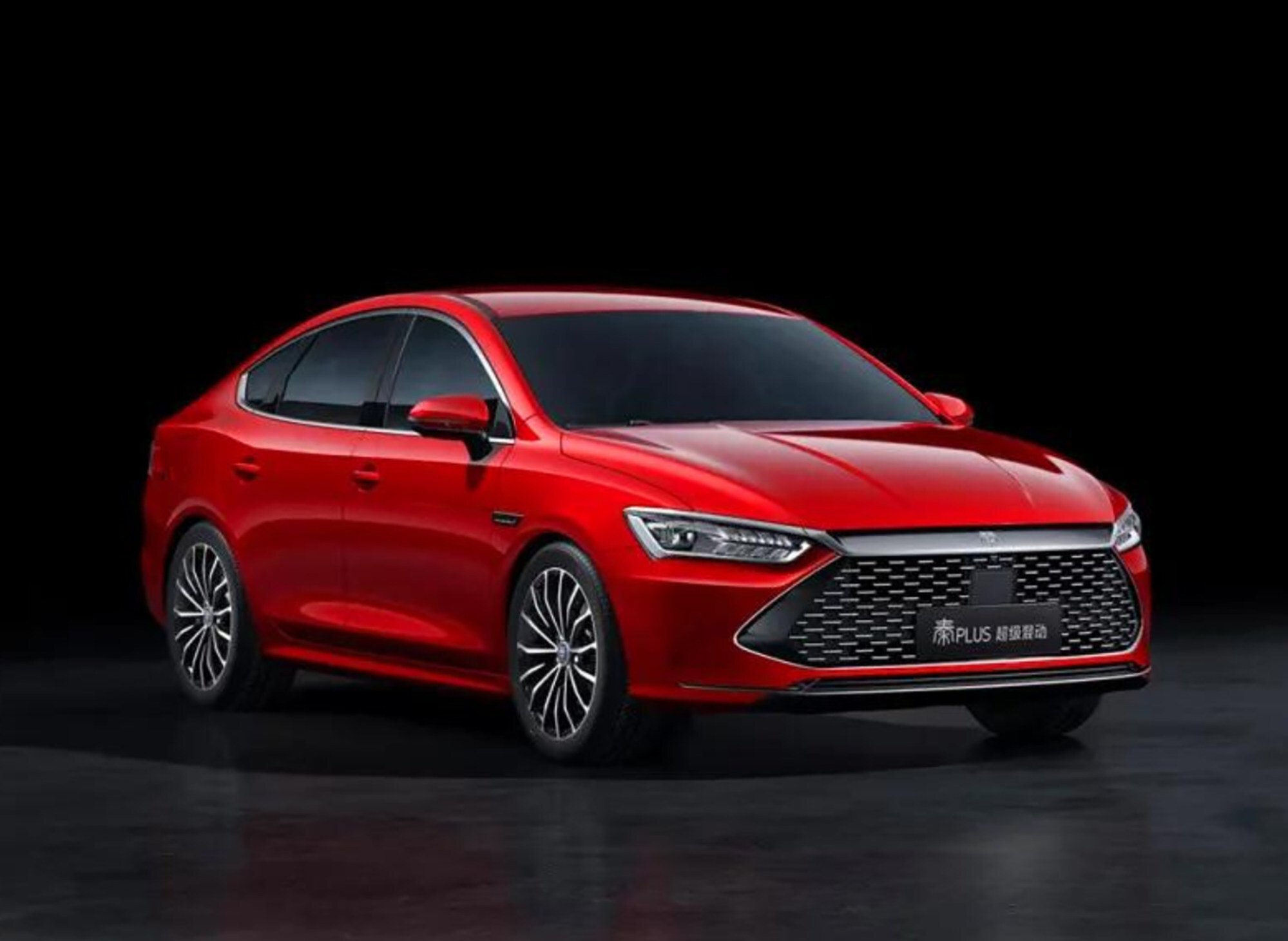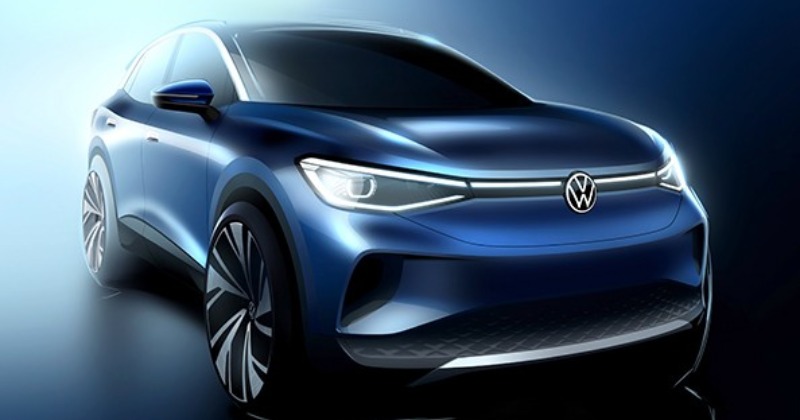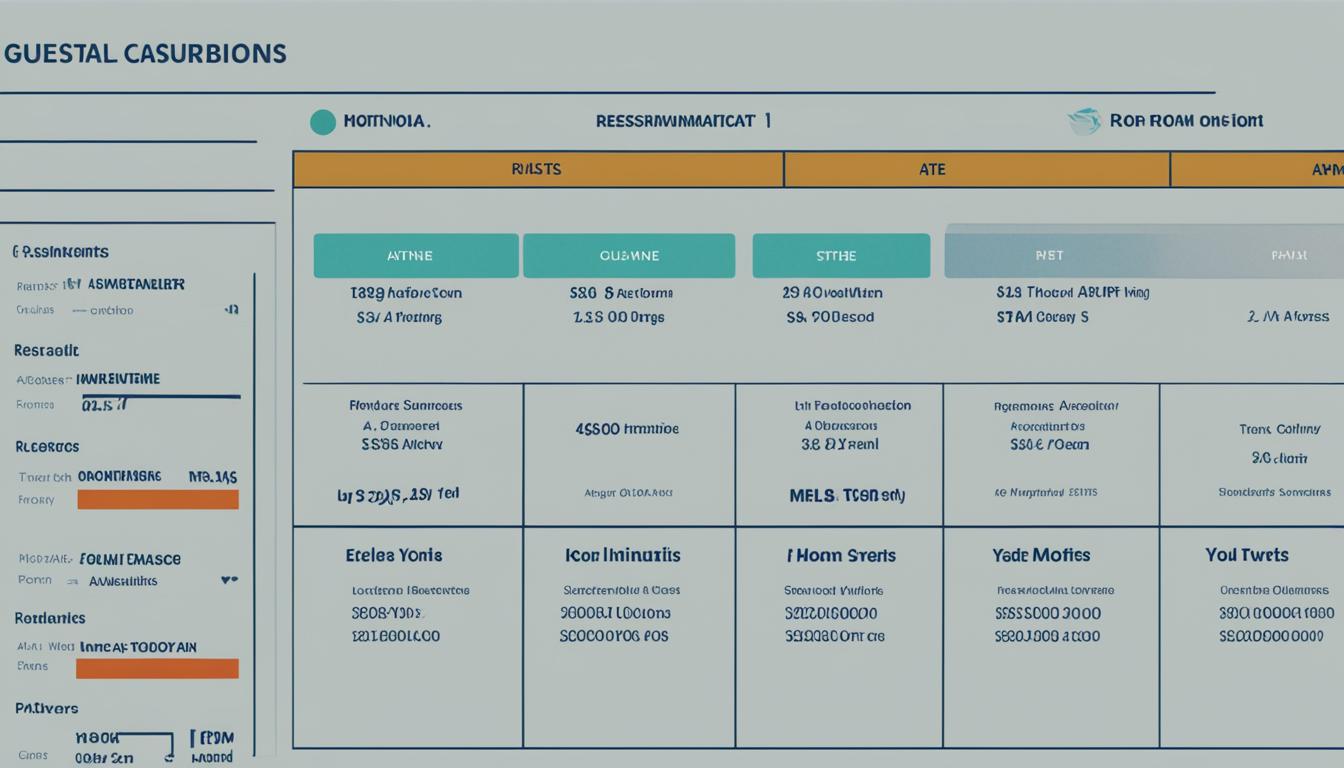BYD, the Chinese electric vehicle manufacturer, has surpassed Tesla to become the world’s largest electric car company in the final quarter of 2023. This milestone is a testament to China’s rapid growth in the electric vehicle industry and its commitment to transitioning to sustainable transportation. In this article, we will explore how BYD achieved this feat, the factors contributing to China’s leadership in the global EV market, and the impact this shift has on traditional automakers.

China’s Rise in the Electric Vehicle Industry
China has emerged as a global leader in electric vehicle production, thanks to strong government support and favorable market conditions. The Chinese government has set ambitious targets for the adoption of new energy vehicles (NEVs), which include battery electric vehicles (BEVs), plug-in hybrids, and hydrogen fuel cell vehicles. By 2025, China aims to have at least 20% of new car sales comprised of NEVs, and by 2035, NEVs are expected to become the mainstream choice for consumers.
In 2022, China achieved its 20% target three years ahead of schedule, and the country’s NEV sales continued to soar in 2023. According to the China Association of Auto Manufacturers, over 8.3 million NEVs were sold in the first 11 months of 2023, accounting for more than 30% of total car sales. Former minister Miao Wei predicts that China’s goal of reaching a 50% NEV penetration by 2035 could be achieved as early as 2025 or 2026.
BYD’s Remarkable Growth
BYD’s ascendancy as the world’s largest electric car company is a remarkable achievement. In 2023, the company sold a record-breaking 1.57 million electric vehicles, a 73% increase from the previous year. This included 525,409 BEVs sold in the final quarter, surpassing Tesla’s delivery of 484,507 electric vehicles during the same period.
Although Tesla still outpaced BYD in terms of overall electric car sales for the year, BYD’s narrowing gap is a clear indication of its rapid expansion. In 2022, Tesla had a lead of 400,000 units over BYD, but in 2023, this gap reduced to approximately 230,000 units. With support from renowned investor Warren Buffett, BYD has capitalized on China’s domestic market and successfully expanded internationally.
China’s Comparative Advantages
Analysts attribute China’s leading role in the global electric vehicle industry to its market scale, cheap labor, and supply chain dominance. The country’s massive domestic market provides a substantial advantage for Chinese automakers, allowing them to scale up production and benefit from economies of scale. Additionally, China’s status as a first mover in the EV market, coupled with extensive government support in the form of infrastructure investments and subsidies, has facilitated the expansion of Chinese EV manufacturers.
BYD’s success in Europe exemplifies China’s growing influence. The company sent a large delegation to a car show in Germany in 2023, with the aim of doubling its number of dealer partners and increasing overseas sales. BYD’s plans to build an EV factory in Hungary further solidify its commitment to expanding in Europe. The company already operates a bus factory in Komárom, Hungary.
Challenges and Competition
While China’s electric vehicle industry is flourishing, it is not without its challenges. Intensifying competition and a brutal price war in 2023 have impacted the profit margins of many automakers. As China’s economy slowed down, concerns about a demand slowdown arose, prompting Tesla to cut prices in China and kickstart a price war. Other automakers followed suit to remain competitive. Consequently, the price war boosted sales but posed a threat to industry-wide profitability.
According to data from the Chinese Passenger Car Association, China’s car industry recorded a profit margin of just 5% for the first 11 months of 2023, lower than the previous years. To counteract the slowdown in the domestic market, Chinese automakers have been actively seeking growth opportunities outside of mainland China. Expanding into Europe, Australia, and Southeast Asia has been a strategic move to diversify their market presence and mitigate risks.
Implications for Traditional Automakers
China’s rise as the world’s largest electric car company has significant implications for traditional automakers, particularly those in Europe. Chinese carmakers, including BYD, have been making inroads into the European market, causing concerns for established players like Volkswagen and Renault. The expansion of Chinese EV manufacturers into Europe has prompted EU policymakers to launch an investigation into Chinese state subsidies, aiming to ensure fair competition.
Traditional automakers must adapt to the changing landscape and intensifying competition in the electric vehicle market. To remain relevant, they need to invest in research and development, accelerate their transition to electric vehicles, and establish strong partnerships with technology companies and battery suppliers.
Conclusion
BYD’s ascent to become the world’s largest electric car company is a remarkable accomplishment that reflects China’s rapid progress in the electric vehicle industry. With government support, a massive domestic market, and a first-mover advantage, Chinese automakers have been able to compete and surpass established players like Tesla. However, challenges such as intensifying competition and a price war highlight the need for continuous innovation and adaptation.
The growth of Chinese EV manufacturers also poses a significant challenge for traditional automakers worldwide. To thrive in the evolving automotive landscape, incumbents must embrace electric vehicle technology, forge strategic partnerships, and focus on sustainability. As China continues to lead the way in electric vehicle production, the global automotive industry must adapt to this new reality.















